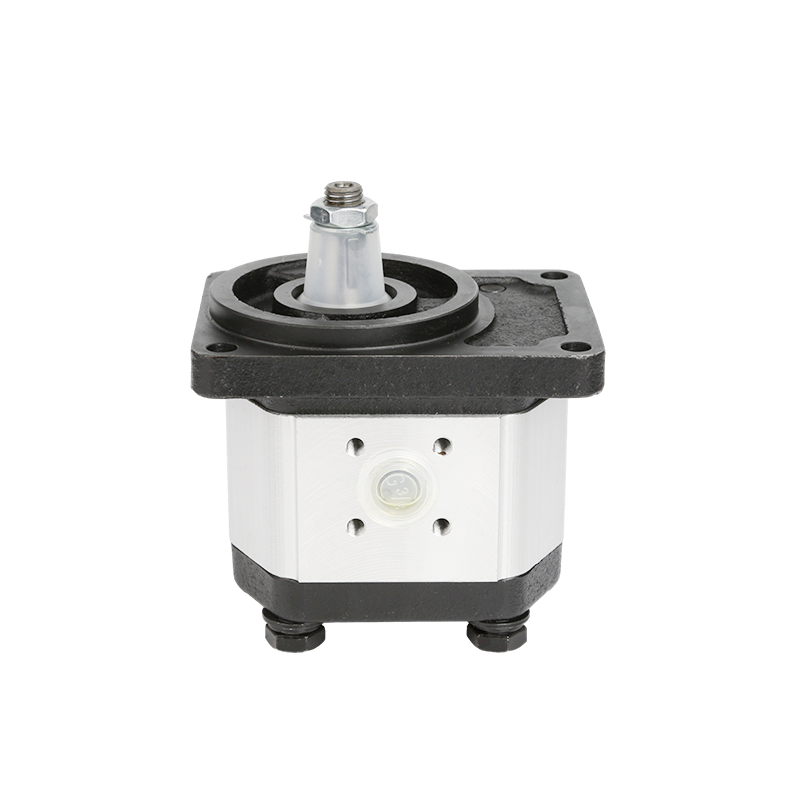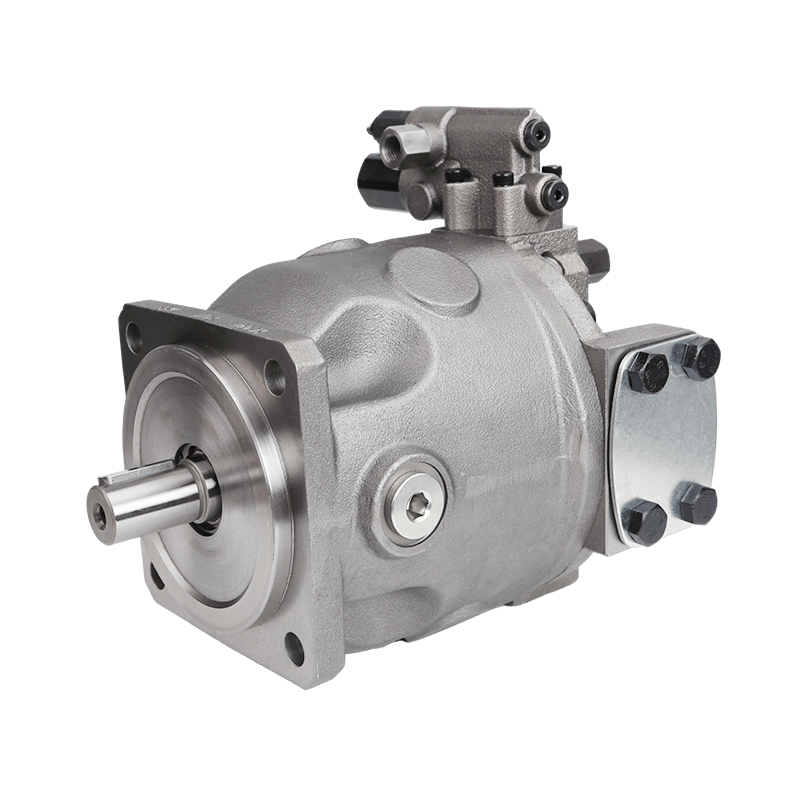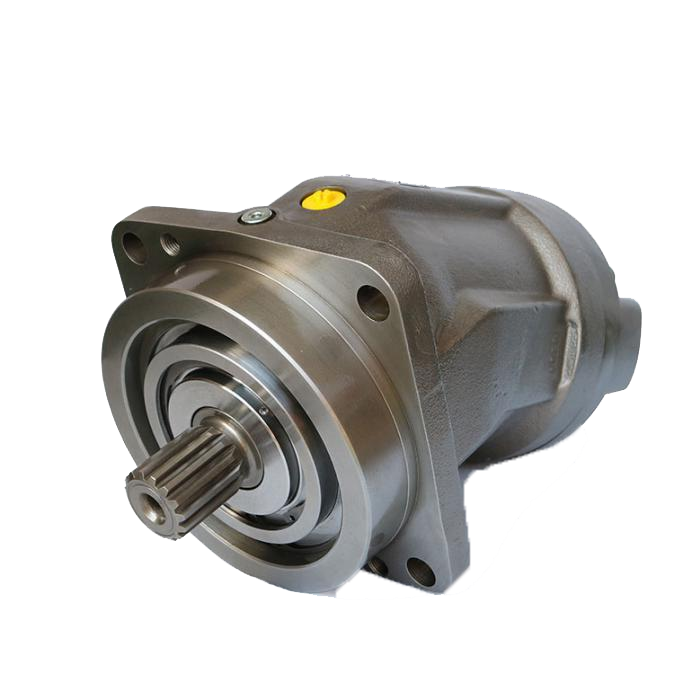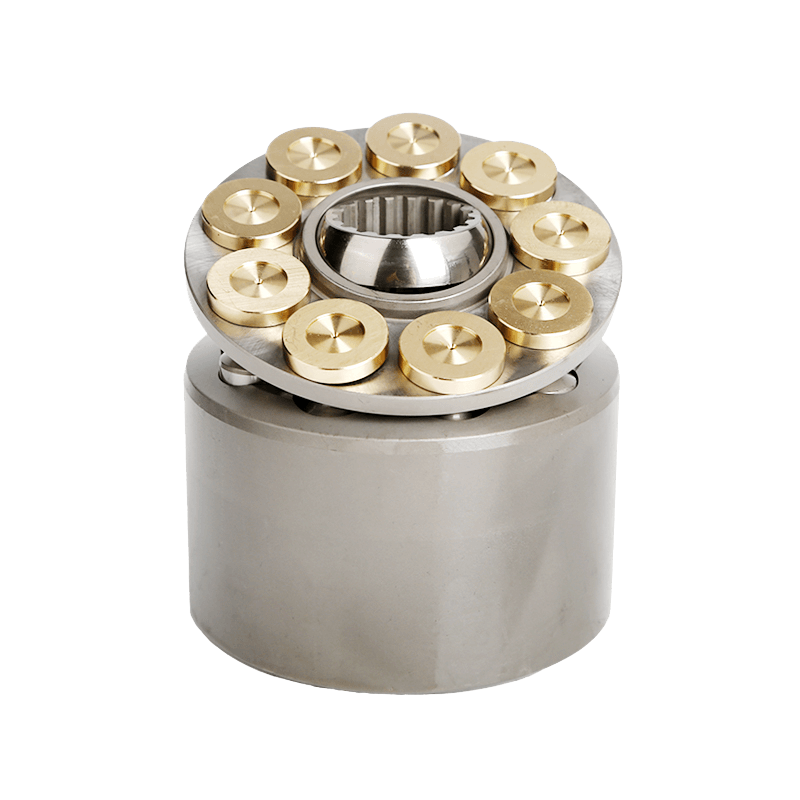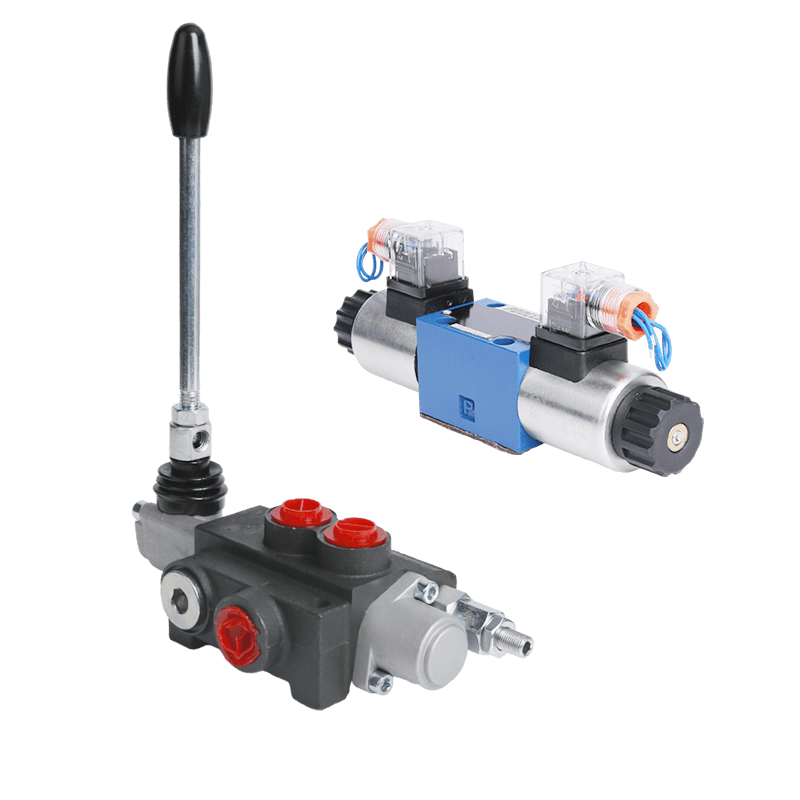The petroleum and chemical industry, as a pillar industry of the national economy, covers a wide range of processes from crude oil extraction, refining, to the production of various chemicals. Fluid transportation is a crucial part of these processes, and gear pumps, as a kind of efficient, stable and reliable transportation equipment, are widely used in the petroleum and chemical industries.
Working principle of gear pumps
Gear pumps are mainly composed of two or more meshing gears, pump body and corresponding sealing device. When the drive device drives the gears to rotate, the volume formed between the gears and the pump body will change. Specifically, when the gear rotates, the volume between its teeth groove will gradually increase, forming a low-pressure area, the liquid is sucked into the pump under the action of the pressure difference; as the gear continues to rotate, the volume between the teeth groove is gradually reduced, forming a high-pressure area, the liquid is discharged from the pump. This continuous suction and discharge process makes the gear pump able to continuously and stably transport fluids.
Characteristics of gear pumps
First of all, gear pumps have a simple and compact structure with fewer parts and small footprint, which is easy to install and maintain. In addition, the flow rate of gear pumps is stable and small pulsation, the reason is that the rotary movement of gears is continuous, so gear pumps can provide stable flow rate with small flow rate pulsation, which is conducive to the protection of downstream equipment and pipelines. At the same time, gear pumps have strong adaptability and can handle many types of fluids such as high viscosity, solid particles, corrosive liquids, etc., thus meeting the needs of different processes. As the gear pump adopts sealing structure, its sealing is also strong, which can effectively prevent liquid leakage and ensure production safety.
Advantages of gear pumps in the petroleum and chemical industry
High-temperature and high-pressure resistance: the petroleum and chemical industries often need to deal with high-temperature and high-pressure liquids, and gear pumps are usually made of high-temperature and high-pressure-resistant materials, which can meet these harsh working conditions.
Strong corrosion resistance: many chemical liquids are corrosive, and gear pumps are usually made of corrosion-resistant materials, such as stainless steel, engineering plastics, etc., which can effectively resist the corrosion of the liquid and prolong the service life.
High efficiency and energy saving: the high efficiency of gear pumps can reduce energy consumption, while its stable flow and pressure pulsation helps to reduce the wear and tear of equipment and energy consumption, reducing production costs.
Easy to maintain and operate: Gear pumps have a simple structure and fewer parts, making it relatively easy to maintain. At the same time, its operation is also relatively simple, reducing the skill requirements for operators.
Gear pumps in the petroleum and chemical industry in specific applications
Crude oil transportation and processing: In the process of oil extraction, gear pumps are widely used in the transportation and processing of crude oil. Due to the high viscosity of crude oil, containing solid particles and other characteristics, gear pumps can well meet these requirements. At the same time, in the oil refining process, gear pumps are also used to transport a variety of lubricating oil and grease.
Chemical liquid transportation: In the chemical production process, it is often necessary to deal with a variety of corrosive, high temperature, high pressure, high viscosity or solid particle-containing liquids. Gear pumps play an important role in chemical liquid transportation by virtue of its corrosion resistance, high temperature and high pressure resistance, high viscosity handling capacity and other characteristics. For example, gear pumps made of polymer materials or ceramic materials can be used in the transportation of strong corrosive fluids such as sulfuric acid and caustic soda to avoid corrosion and leakage.
Reactor feeding and discharging: Gear pumps are normally used for reactor feeding and discharging during chemical reactions. Their constant flow and pulse pressure help ensure the medicines are always working. At the same time, gear pumps are also capable of handling fluids containing small solid particles and are suitable for certain chemical applications that require the addition of catalysts or additives
Lubrication system: Petroleum and chemical machinery lubrication systems use gear pumps to transfer lubricating oil to ensure normal machine operation Gear pumps provide a constant lubricant flow and pressure for lubricating lubrication and supply the equipment cools well, prolonging machine life.
Conclusion
In summary, gear pumps are widely used in the petroleum and chemical industries because of their simple structure, stable flow rate and strong adaptability. With the continuous progress of technology and the growth of application demand, the performance of gear pumps will continue to improve, which will usher in a wider range of applications in the petroleum and chemical industries. In the future, gear pumps will play a greater role in improving conveying efficiency, reducing energy consumption, enhancing safety, etc., and is committed to making greater contributions to the development of the petroleum and chemical industries. But in addition, we should also pay attention to gear pumps in environmental protection, energy saving and other aspects of technological innovation, in order to achieve a more green, sustainable development.

